Moving is like getting a new puppy—it's exciting but also carries a lot of responsibility, and sometimes, it can get messy.
You've probably heard this saying before: moving isn't all sunshine and rainbows.
In fact, it can get downright stressful!
According to the American Moving & Storage Association (AMSA), over 35 million people in the U.S. move every year, and many wonder who regulates moving companies.
It’s not something we usually think about until we're halfway through the process and realize, "Wait a minute, who’s watching these guys?"
You’re not the only one who’s had this thought. And you're not alone in wondering what happens if something goes wrong with your movers.
When you trust someone to move your belongings, you'd better believe you want to know who's monitoring these companies to ensure they don't take you for a ride.
So, let's take a step back and examine who is truly responsible for overseeing moving company regulations, how to verify a licensed moving company, and what to do when things go wrong.
Federal Moving Company Oversight
If you're moving from one state to another, the Federal Motor Carrier Safety Administration (FMCSA) is the big fish.
This agency is part of the U.S. Department of Transportation, and it is involved in many moving regulations.
Basically, the FMCSA ensures that interstate moving companies are doing things the right way.
They focus on:
- Safety: Making sure the moving trucks are in good shape and that the people driving them are following the rules.
- Licensing: You're not just hiring anyone who can pick up a truck and start driving. Movers need to be properly licensed, and the FMCSA issues those licenses.
- Consumer Protection: If a moving company is shady or doesn't follow the rules, the FMCSA steps in to ensure things get fixed.
So, if you’re moving from New York to California or Chicago to Miami, the FMCSA is the key agency making sure everything runs smoothly.

Note: Many people don't know about moving company regulationsat the federal level until they really need them, but you'll want to make sure any company you hire for an interstate move is up to snuff with the FMCSA's rules.
State Regulations for Moving Companies
But if you’re not moving cross-country, there’s still a lot of oversight.
Most of the time, state regulations for moving companies kick in when you're moving within the same state.
Every state has its own set of rules to keep movers in check.
Some states are more regulated than others, so it’s worth knowing where your mover is based and what laws they have to follow.
Let’s take a couple of examples:
- California: In California, you’re dealing with the California Public Utilities Commission (CPUC). This group keeps an eye on moving companies and makes sure they’re licensed and operating safely. If you're in California, these guys have your back.
- Texas: Over in Texas, the Texas Department of Motor Vehicles (TxDMV) is the agency that regulates movers. They make sure that the companies are properly licensed and that their trucks are roadworthy.

Tip:So, when you're hiring someone to move your stuff within state lines, check with your state’s regulatory agency. They’re the ones making sure the company you hire follows the local rules.
The Role of Regulatory Bodies for Moving Services
Now, let’s discuss the specific regulatory bodies for moving services.
It’s not just the FMCSA or state agencies – there are also organizations that work to help moving companies stay on track and protect you as a customer.
For example, there’s the American Moving & Storage Association (AMSA). This group is pretty important because they provide certifications to movers that meet certain standards.
AMSA offers a ProMover certification, which means the company has committed to a higher level of service and adheres to industry standards.
So, if you see ProMover on a company’s website or business card, it’s a good sign that they’re legit. It doesn’t guarantee they’re perfect, but it does mean they’re likely following the industry’s best practices.
Why You Can Trust My Good Movers
550+
moving companies
listed
16,000+
customer reviews to help you decide
50+
states covered for moving services
100%
free quotes provided instantly
Moving Company Licensing Requirements
Let’s talk about the moving company licensing requirements.
How do you know if your mover is legit?
It all starts with licenses. If you’re hiring a moving company, they should be able to provide proof that they have all the required licenses.
For interstate moves, that means a USDOT number from the FMCSA. This number is like their official "ID" – it proves they’re authorized to operate across state lines.
Now, many moving companies will give you an estimate that seems too good to be true. They may show you a fancy brochure or website, but are they actually licensed to do the work?
Here’s how you can check:
- For interstate movers, ask them for their USDOT number, and then go to the FMCSA’s website to verify that it’s valid.
- For intrastate movers, check with your state's local authority (like CPUC or TxDMV) to confirm that they are licensed to operate within the state.
If a company hesitates or avoids providing this info, that’s a big red flag. A reputable company should have no problem giving you this information.
How to Verify a Licensed Moving Company
Now, let's say you've done your homework, and you're trying to verify a licensed moving company.
How can you be absolutely sure they’re on the up-and-up?
Here’s what you need to do:
- Get the USDOT Number: This is key for interstate moves. Go to the FMCSA website, enter the number, and check their status. If they’re legit, they’ll be listed.
- Check State Licensing: Call your state's DMV or consumer affairs office to verify their license for local moves.
- Ask About Insurance: Moving companies are required to have insurance, so ask about that, too. It's your stuff on the line!
- Read Reviews: Today, online reviews are like gold. Check Yelp, Google, or even the Better Business Bureau (BBB) to see what others have to say about their experience.
What Happens When a Moving Company Misbehaves?
So what happens if a moving company doesn’t follow the rules?
If they break something, damage your furniture, or act unprofessionally, you have rights.
File a Complaint: If the move is interstate, you can file a complaint with the FMCSA or your state's regulatory body if it's local. They'll investigate and take action if necessary.
Insurance: If your stuff is damaged, make sure the company’s insurance policy covers it. You should always ask about insurance beforehand.
Legal Action: If things get really bad and you're dealing with a situation that could lead to major losses, you might need to take legal action. This is a last resort, but it's always an option.
Be Smart, Be Safe
Now, you have all the knowledge you need to ensure that your move goes smoothly and that you don't get scammed.
Always check the moving company regulations, verify the licenses, and never settle for anything less than a professional service.
If you have doubts, trust your gut and keep looking—plenty of good movers are out there, ready to do the job right.

Just remember, the right regulations, licenses, and protections are in place to ensure your stuff gets where it needs to go safely. By understanding who's in charge and who you can turn to if things go sideways, you’ll be a lot more confident when hiring a moving company.
Recommended Resources




















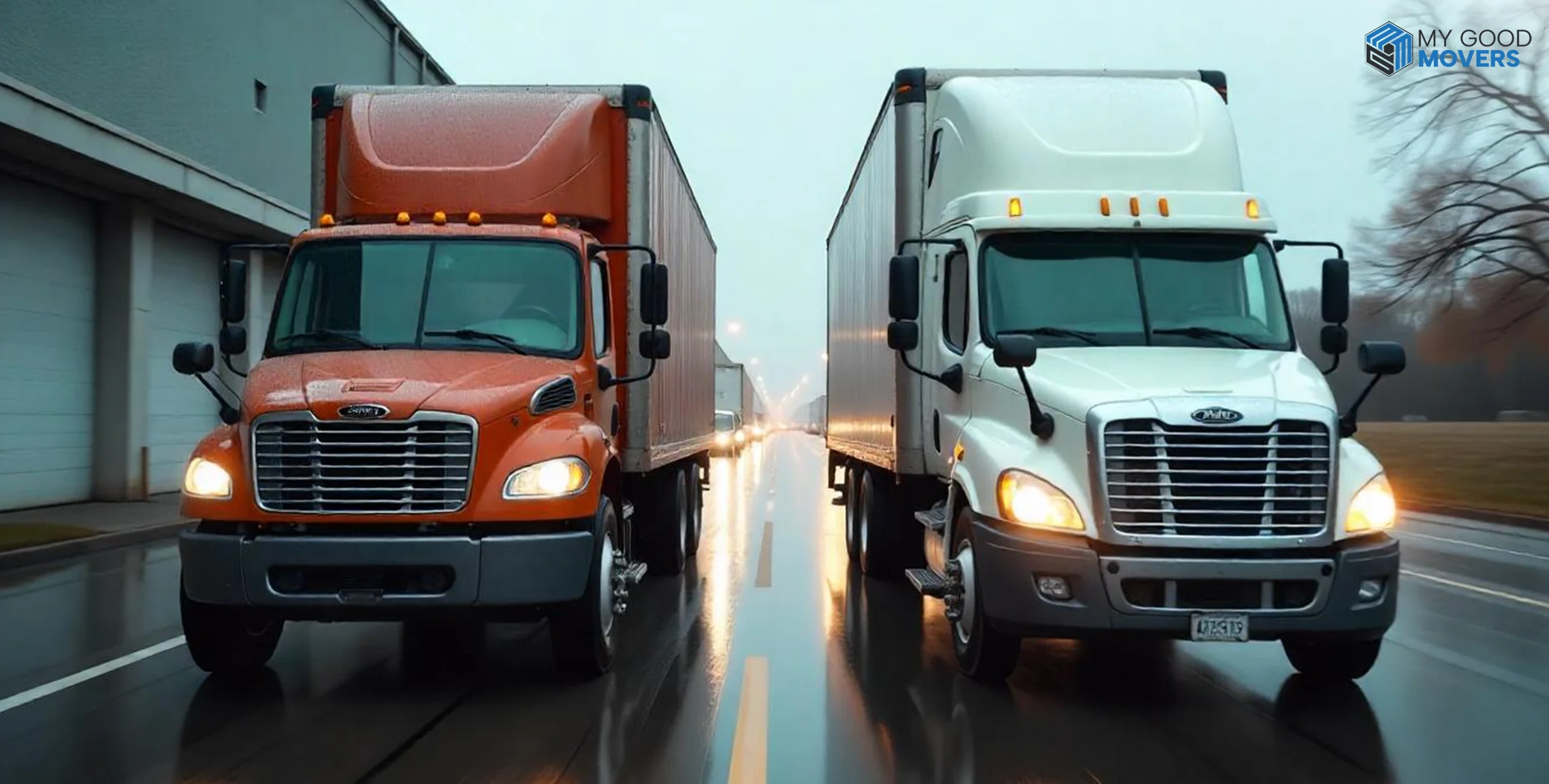








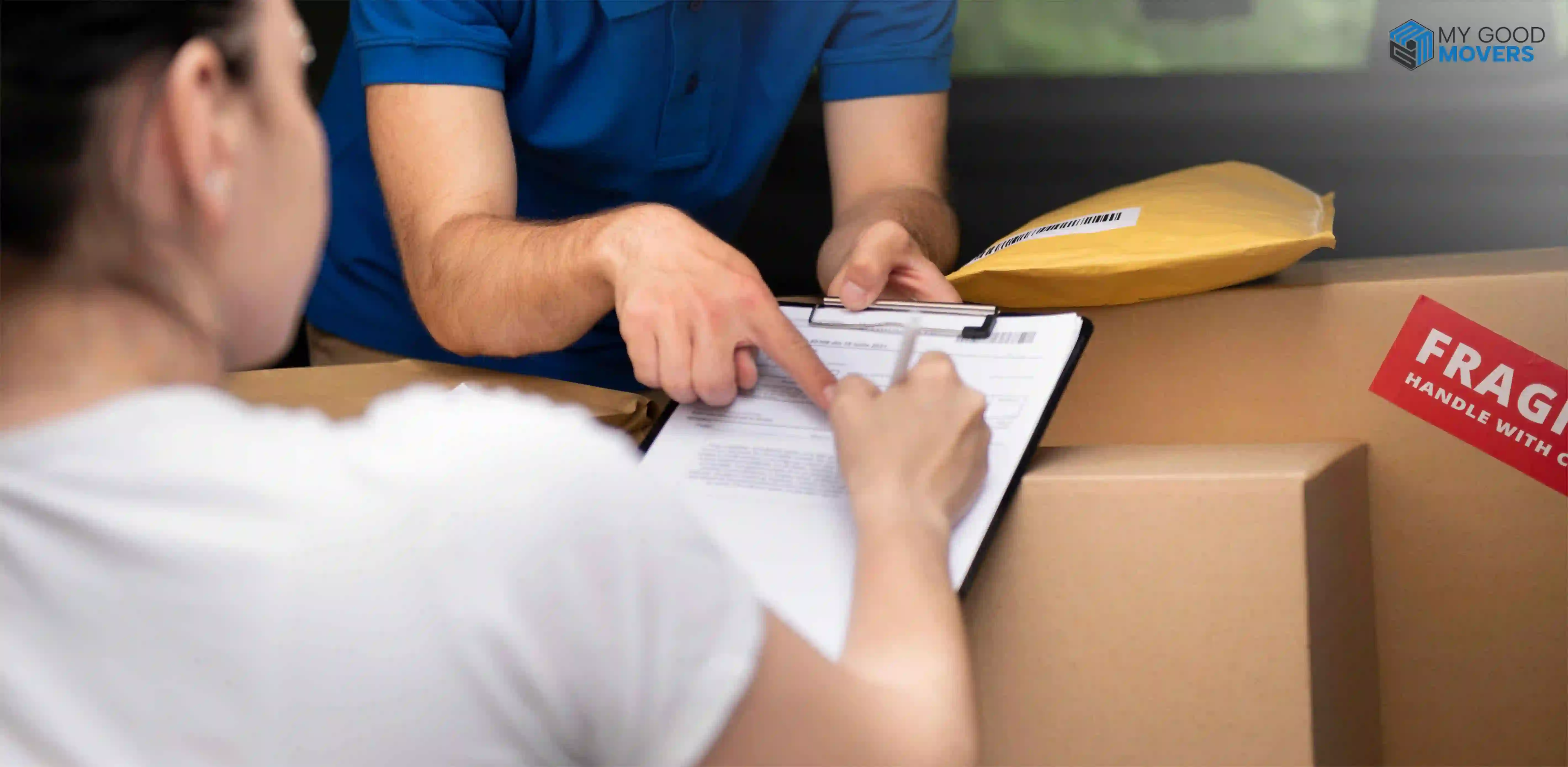





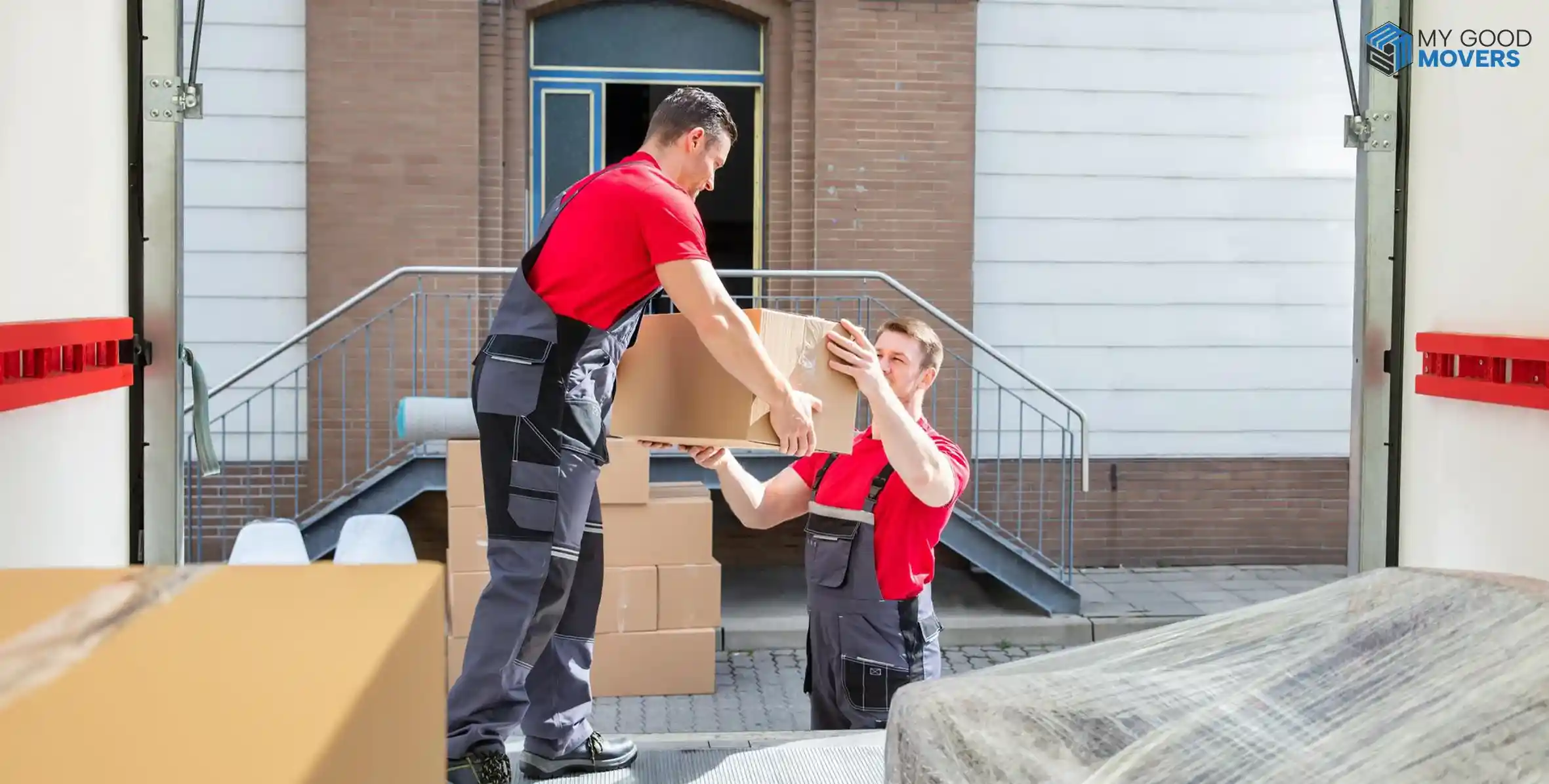


















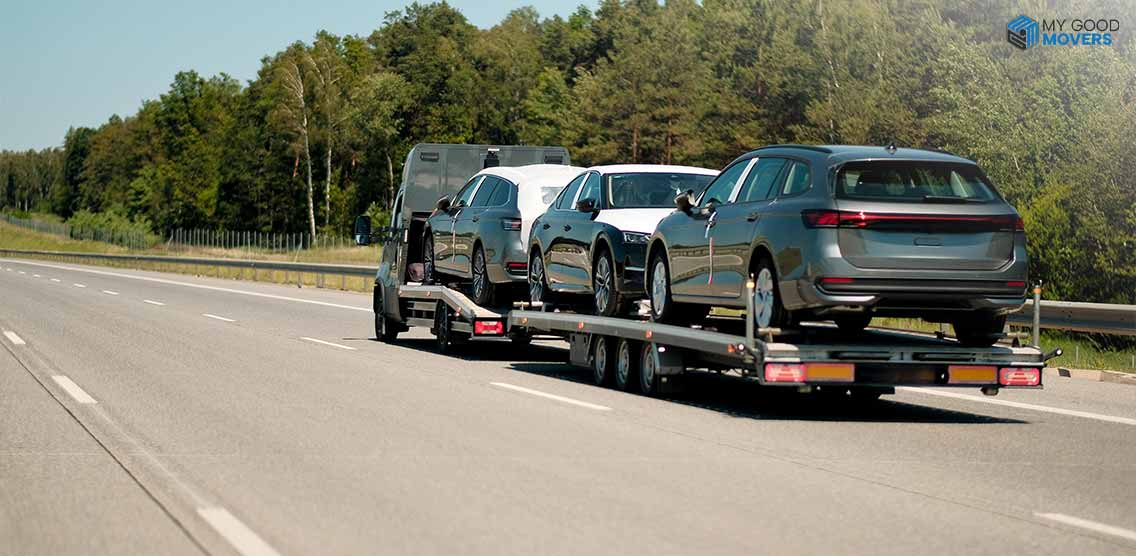
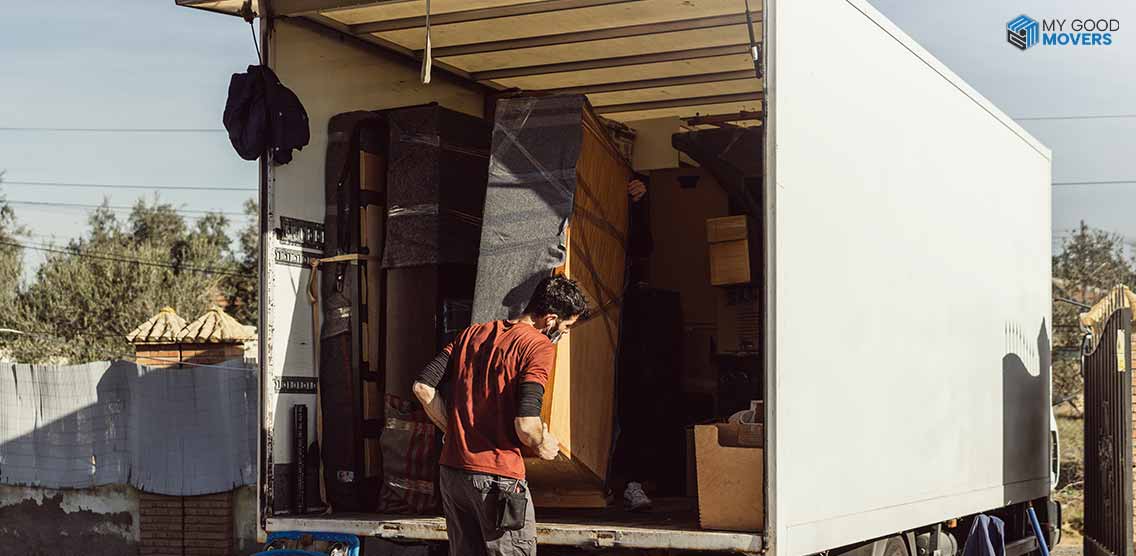


























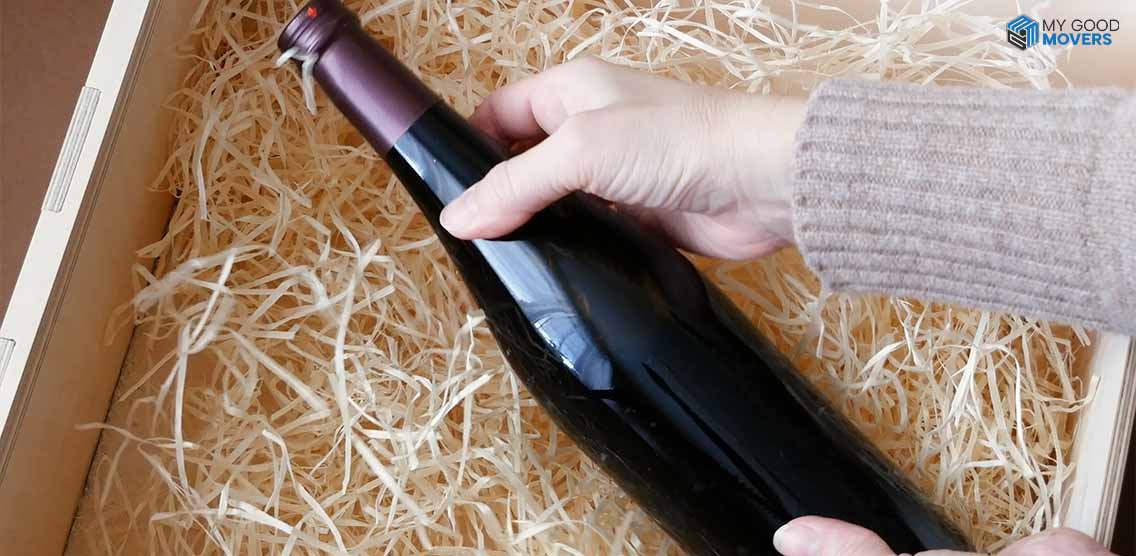

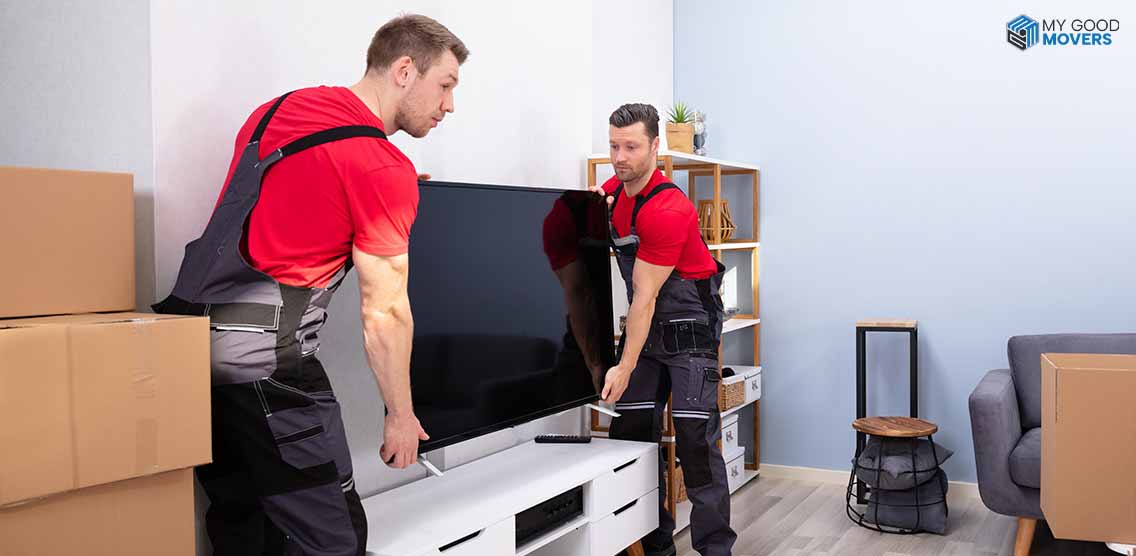





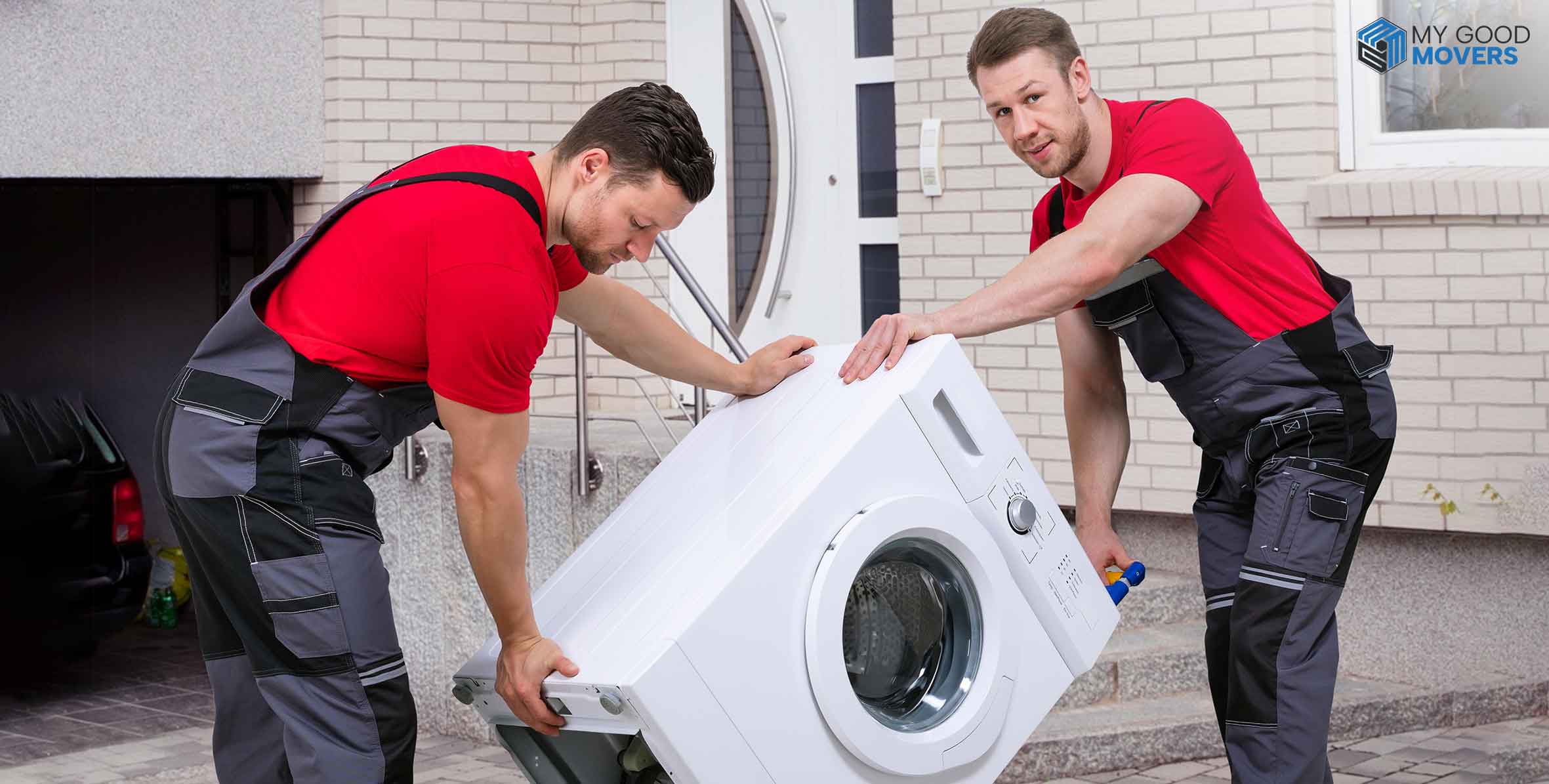





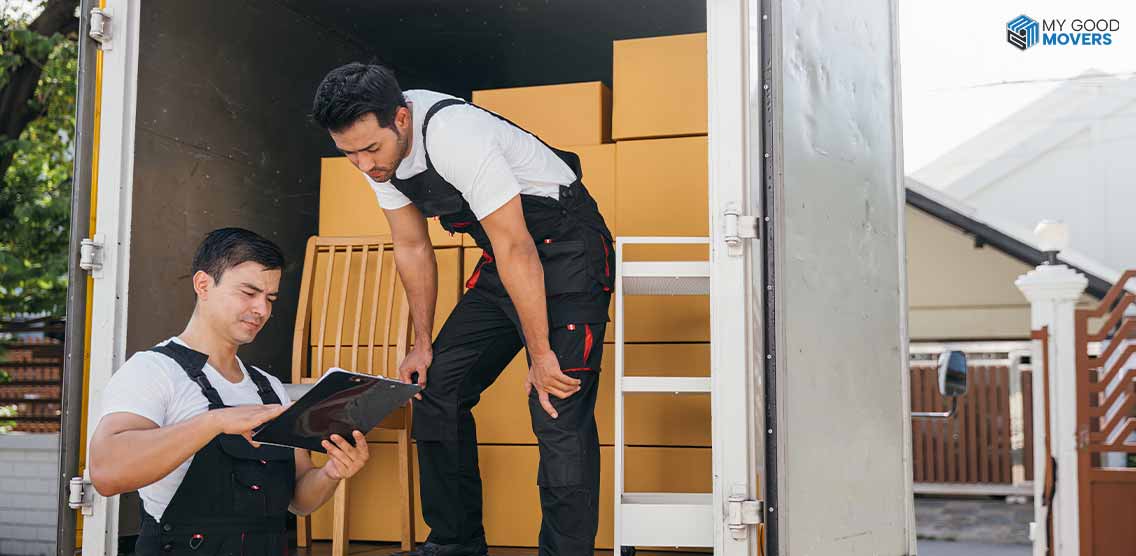

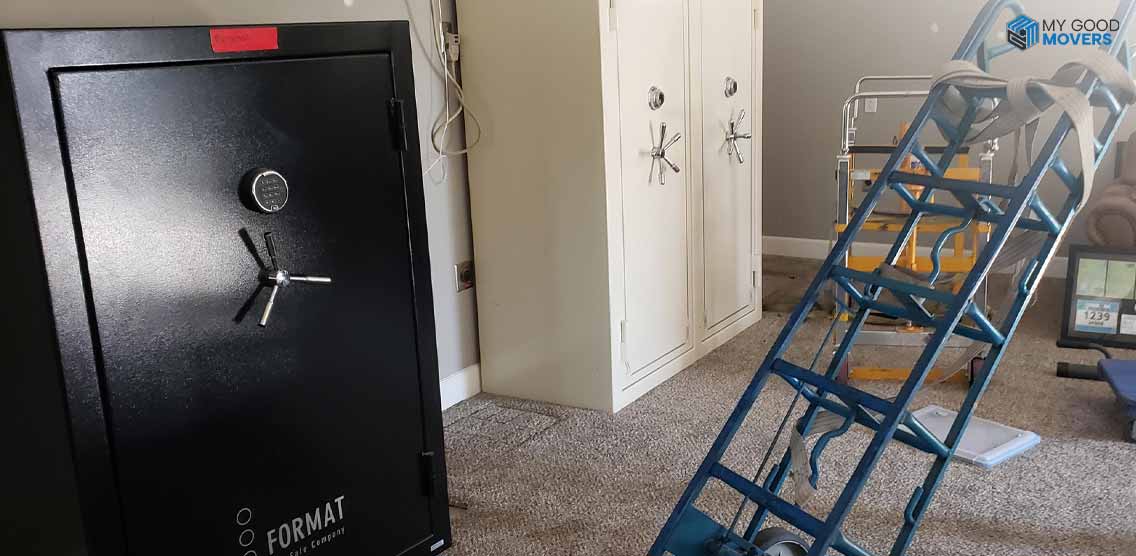







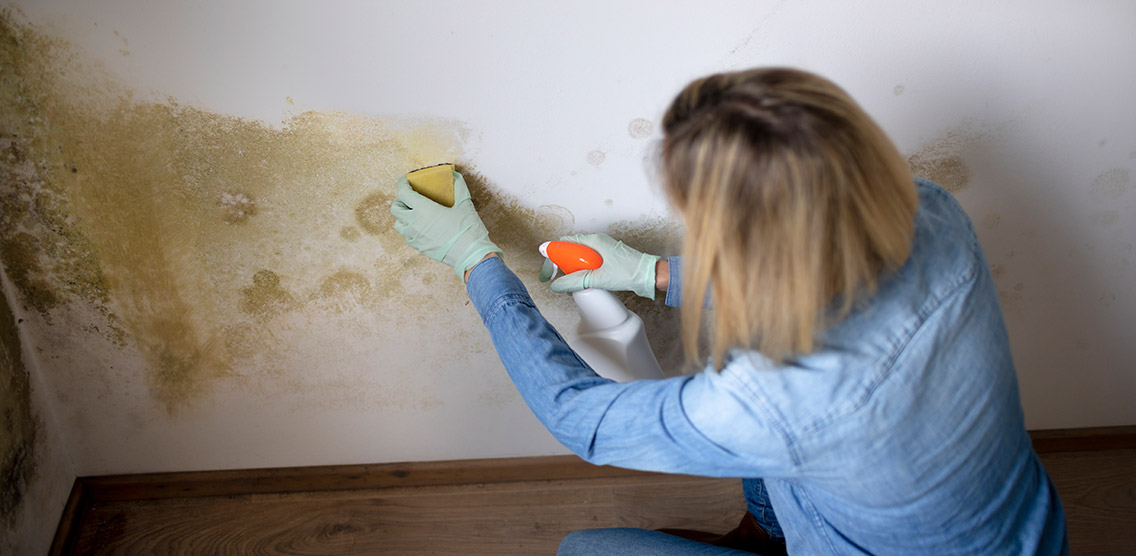

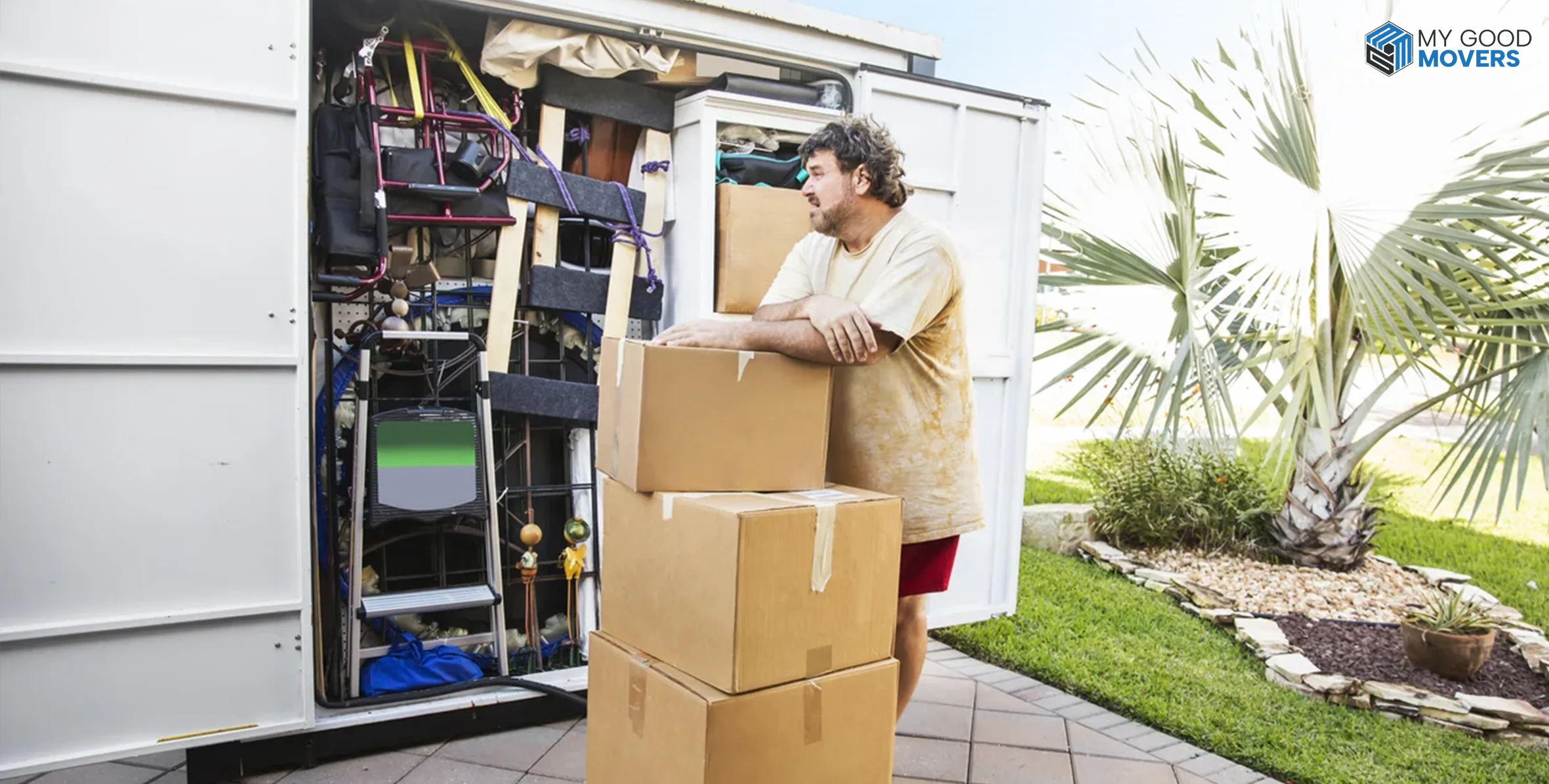
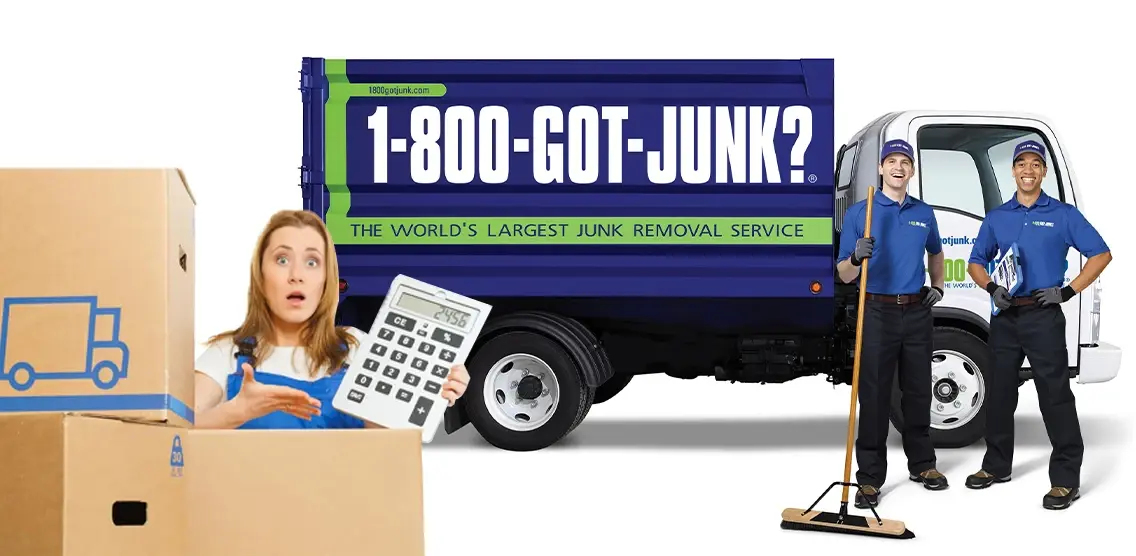
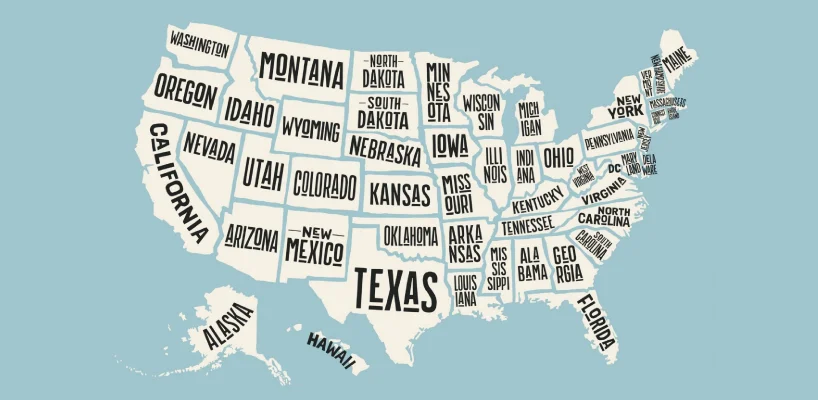

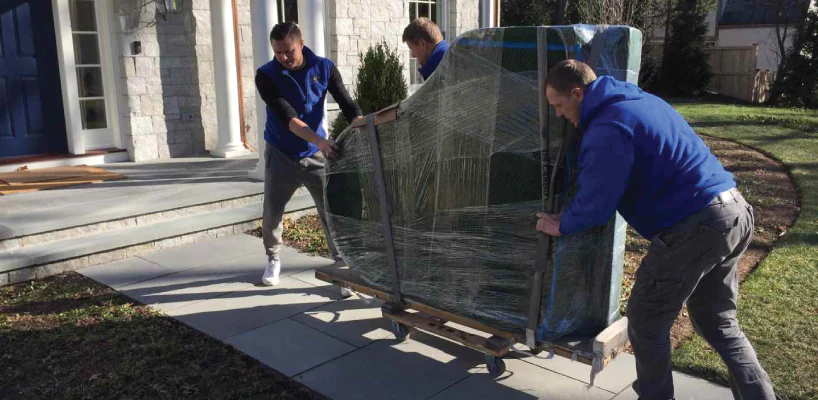



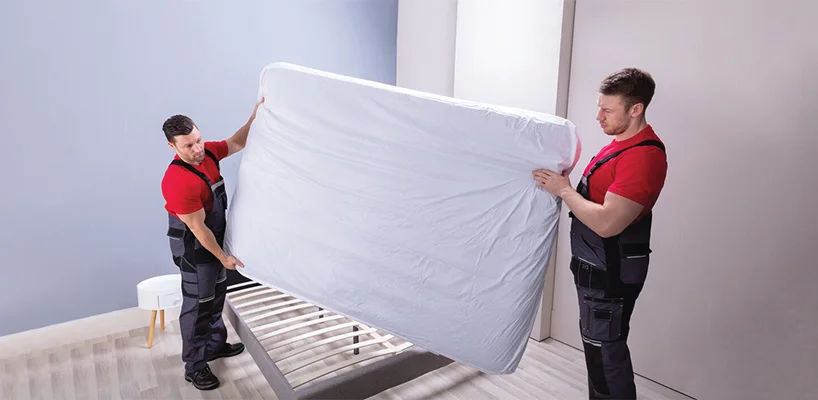
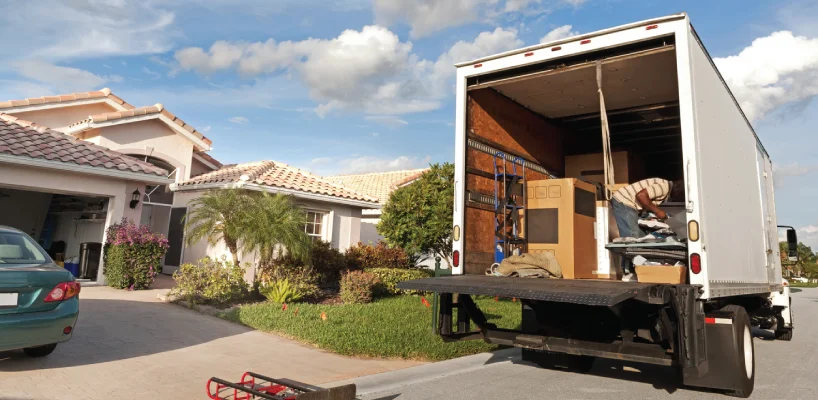
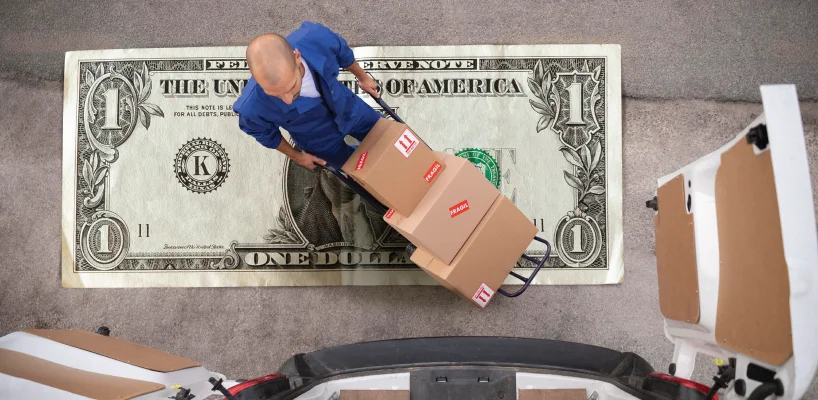



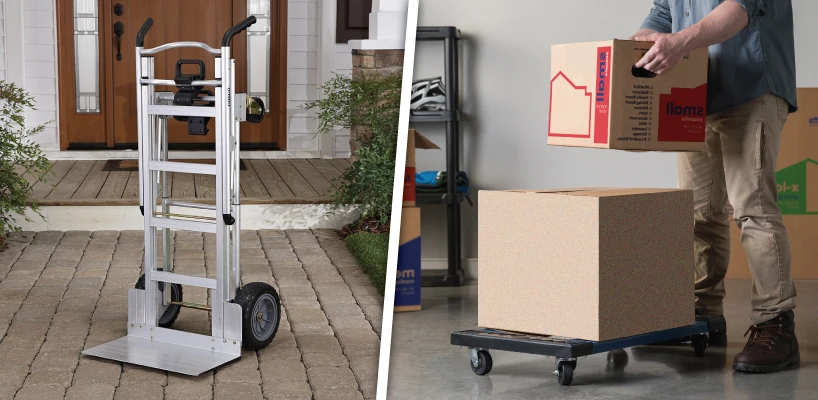
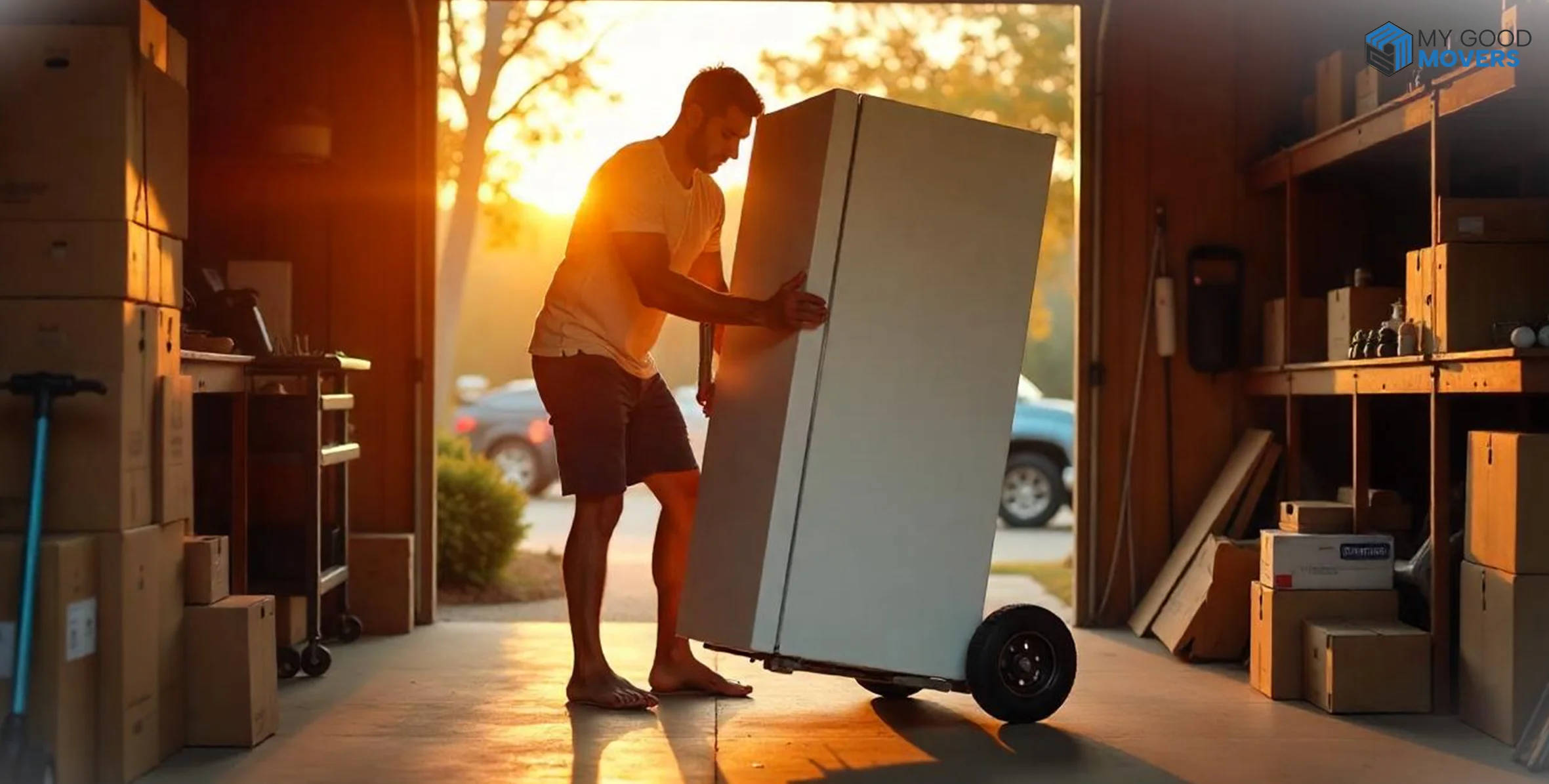
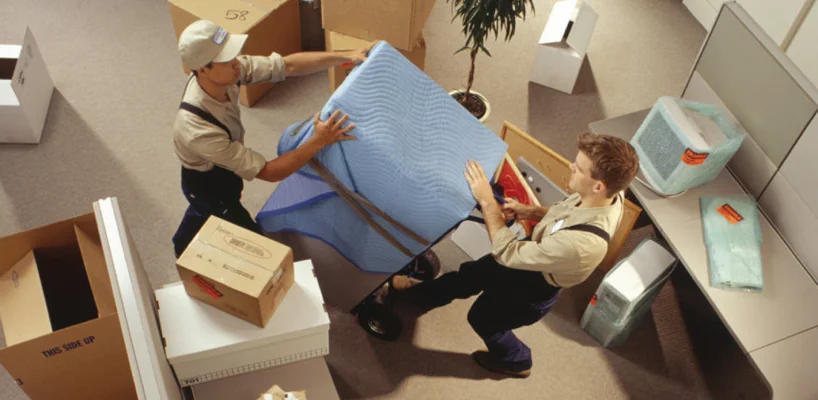


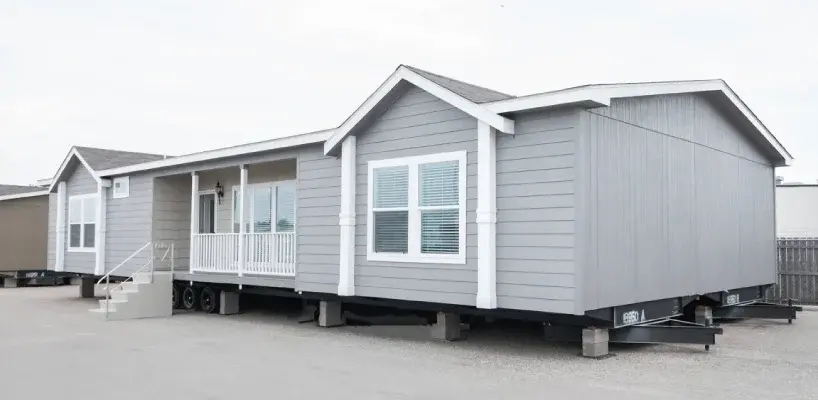


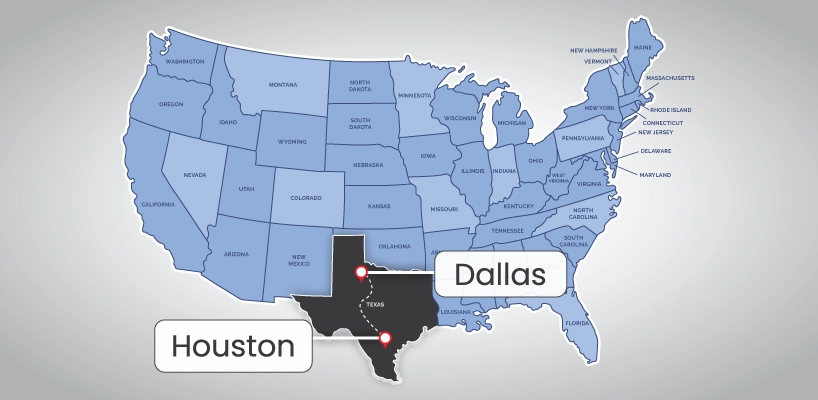


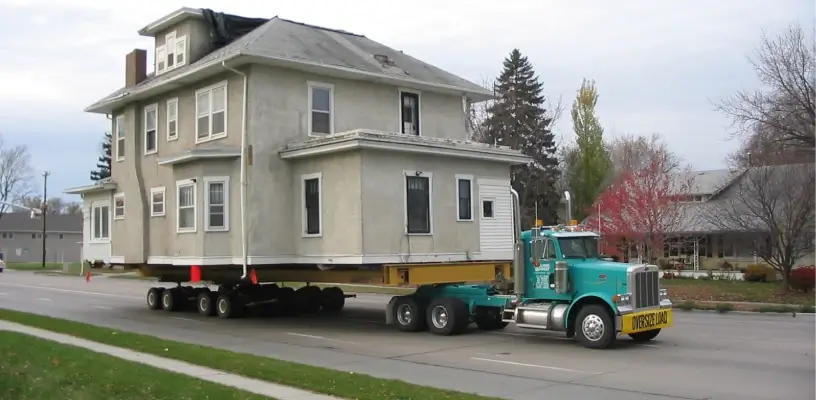
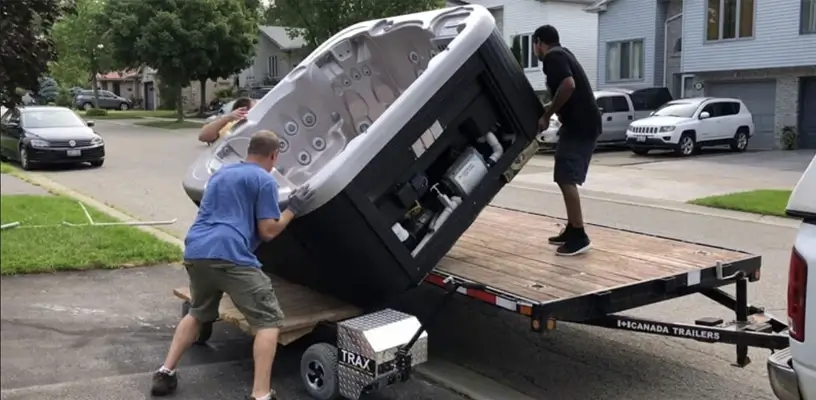




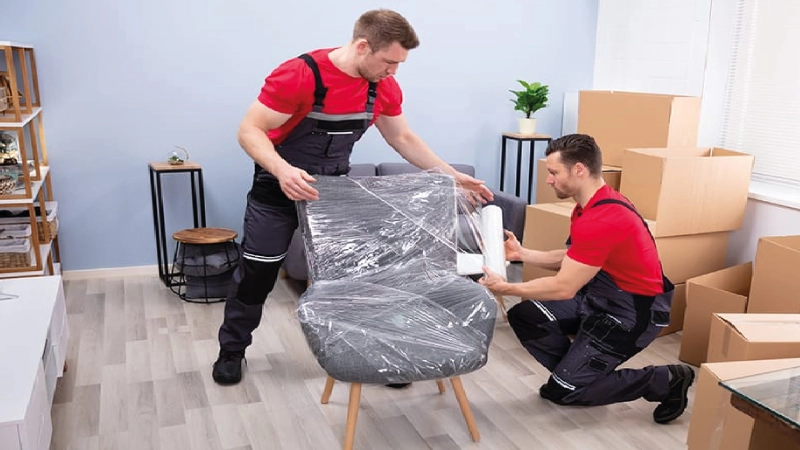

 (239) 799–6077
(239) 799–6077